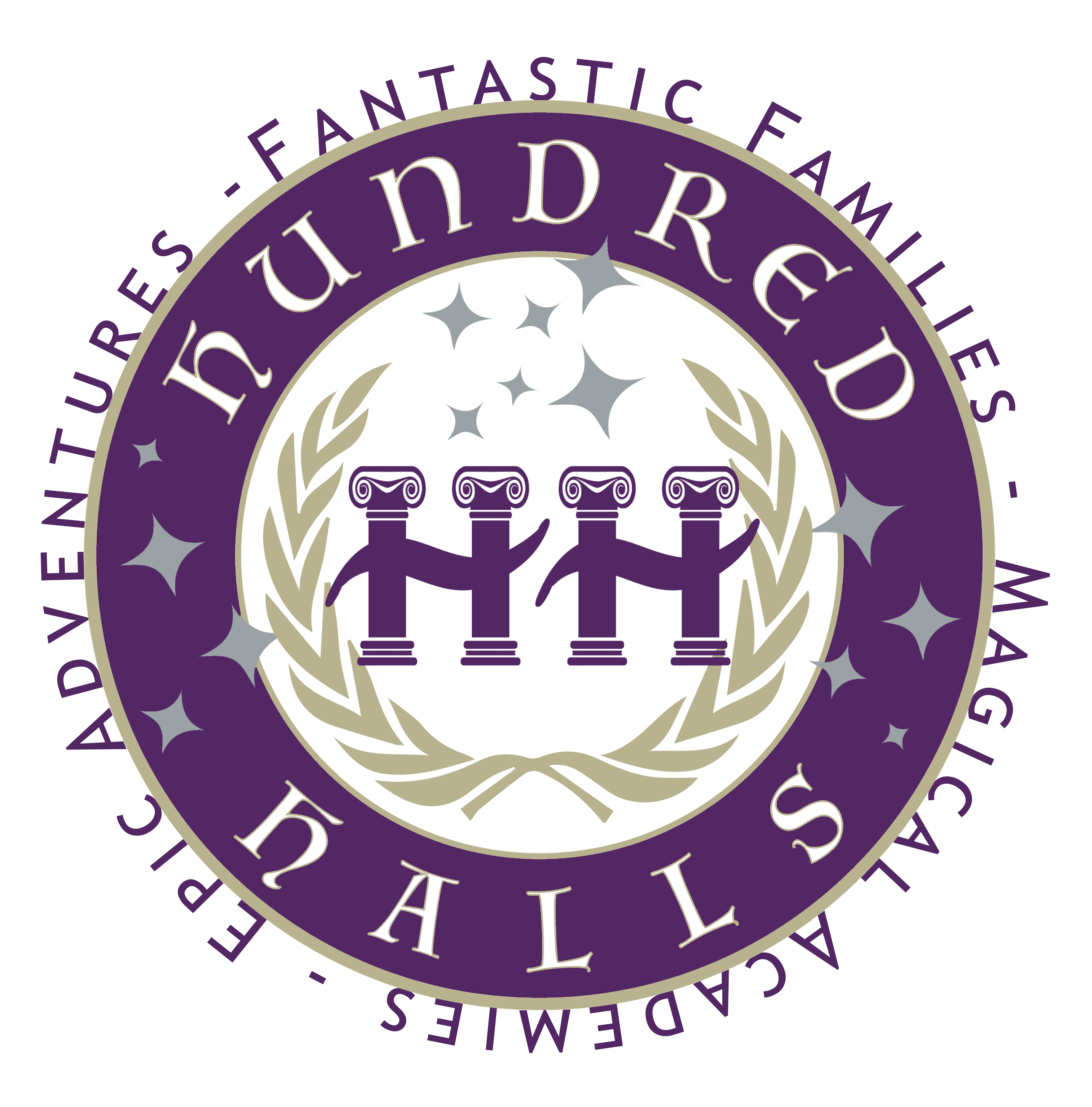Tim Ferriss on his popular Four Hour Work Week blog, had an interested guest post about the practical use of philosophy in business from Ryan Holiday. Ryan focuses on the branch of philosophy called Stoicism. I’m not going to further dissect his excellent analysis and application of the philosophy, but I would like to challenge his assertion that Stoicism is the only philosophy that has practical applications (I would also point out that Stoicism is similar to the Eastern philosophy of Taoism, best explained in The Tao of Pooh.)
I would like to discuss the philosophies of Socrates in relation to Toyota.
It’s no secret that one of the keys to Toyota’s success is its Toyota Production System. In the United States, the Toyota Production System (TPS) tends to be dumbed down into lean manufacturing. Lean manufacturing is akin to taking a martial arts class so you can beat up the guy down the street because he looked at your sister. It gets you quick satisfaction, but doesn’t help grow you as a person.
The TPS I want to talk about is rooted in The Toyota Way, which is a guiding philosophy of the company. The aspects of the The Toyota Way I would like to talk about are the concepts of 5-Whys and the open mind. The concept of 5-Why is that when presented with a problem, keeping asking the question “Why” until the true root cause is found. Often times, the superior will ask his subordinate these questions when the superior feels that the subordinate hasn’t driven down to the real root cause. This method is essentially, the Socratic Method.
It is an important tool of any business because often times we’re busy solving the symptom of the problem and not the true root cause. As an entrepreneur it can be even more important, because you don’t want to be bogged down making every decision for your employees. By asking them questions, and letting them arrive at the correct conclusion (with proper feedback and positive encouragement), you can solve the problem and empower them. As Tim states numerous times in 4HWW, you want to eliminate yourself from the process.
The second, and most important philosophy that is similar between Toyota and Socrates, is the concept of the open mind or in the words of Socrates “I know that I know nothing“. This concept most manifests itself during formal individual or group problem solving activities. Leaders of a Jishuken activity (translates to “self-study”) are chosen by their willingness to have an open mind.
The reason for emphasis placed on the open mind is a student who comes in with a predisposed mind will not succeed because they will be trapped by the limits of their knowledge. One first has to admit that you know nothing (in a relative sense, we’re not asking to forget everything!) before you can truly approach the problem. The open mind is sometimes developed through exercises such as an Ohno Circle or impossible tasks that force the student to look at things in new ways.
I have found that the more knowledgeable members of Toyota are the most willing to say that they “do not know.” I have heard Plant Managers and Managing Officers admit their not knowing. They did not feel the need to “seem to know”, but were perfectly calm with their ignorance. Then in doing so, they would ask many questions that would both inform the answerer and themselves.
One of the highest levels of TPS thinking comes from the OMDD group within Toyota. Students are put through rigorous training for two years and then are expected to return to their group and level up the thinking of those around them. The most important trait that an OMDD candidate is expected to have is an open mind.
While I do not know if the Toyoda family had read Socrates in their development of The Toyota Way, I am certain that if they didn’t; they arrived by the same willingness to examine everything with a critical eye, most importantly, themselves.
“I know you won’t believe me, but the highest form of Human Excellence is to question oneself and others” — Socrates

[…] more here: The Future Digital Life :: More Philosophy for Entrepreneurs … Share and […]
[…] […]
Socrates was an excellent practitioner of Spiritual Exercises. In fact, the Socratic Method is essentially a way to use it on other people.
Thanks for the comment. I agree the Socratic Method was initially designed as a way to change other peoples minds, but its just as useful when delving into something yourself.
And thanks for your great post on the 4HWW. It got me to pick up my old philosophy books to see if there are any other points I could relearn. And I think an underlying theme to remember with the best philosophers (especially the Stoicists you meantioned) was they were men-of-action. Also, I count many of history’s great scientists and inventors as philosophers (Edison, Franklin, Toyoda, etc) because they understood the world through their efforts.